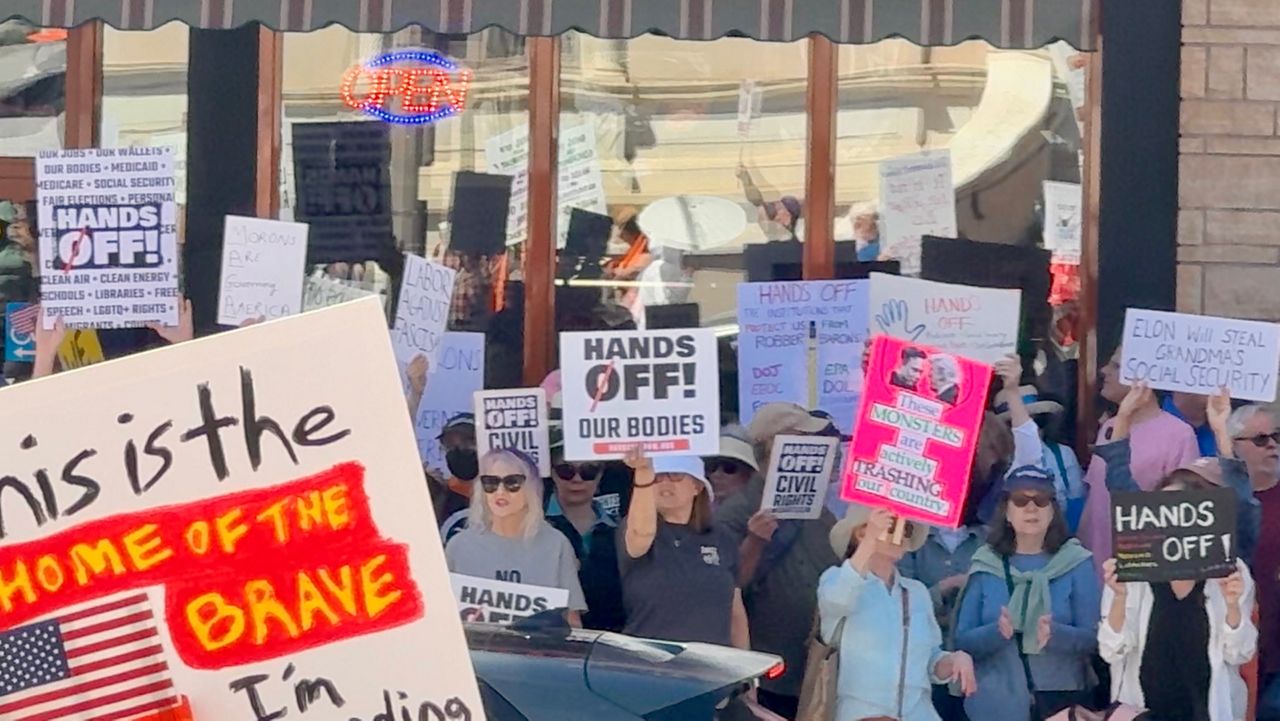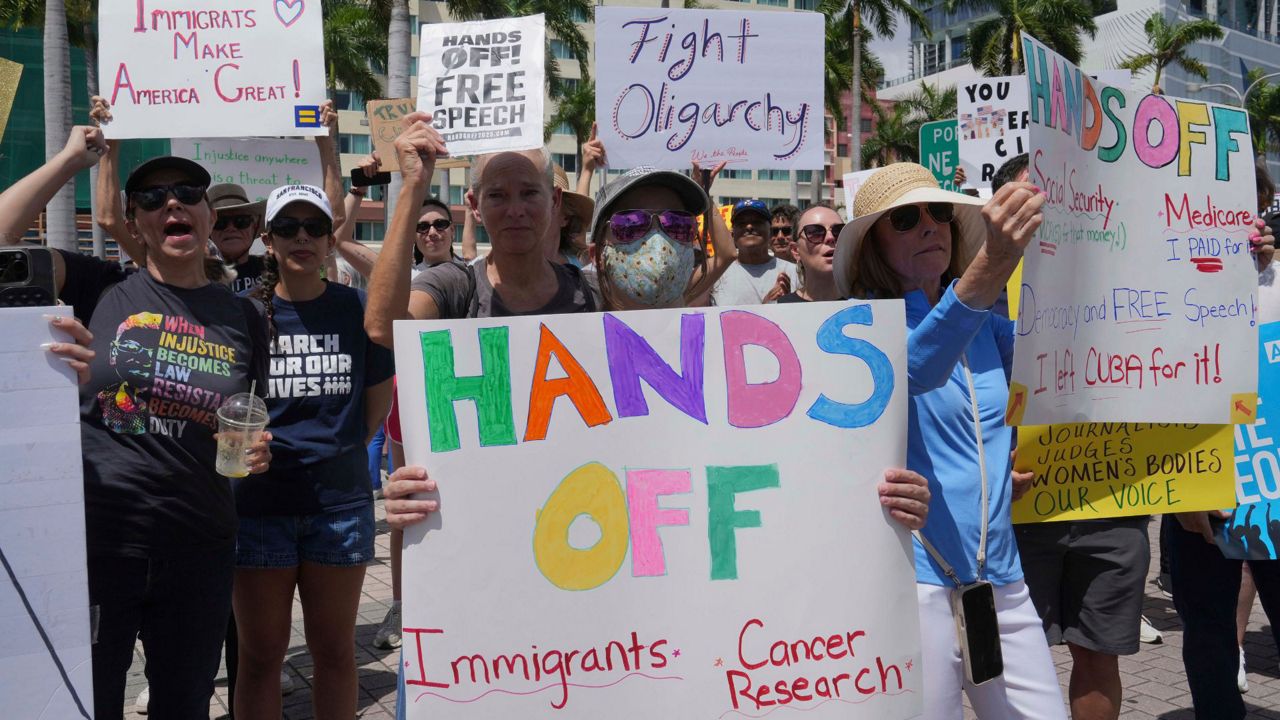PASADENA, Calif. — With today’s 24-hour news cycle, it might be difficult to avoid election-related content, and that could affect your mental health.
A recent poll conducted by GeneSight Mental Health Monitor finds that roughly 40% of Americans are feeling election-related anxiety.
With the major parties and candidates running ads to win over voters leading up to Nov. 5, it can have a toll on your mental health.
“A lot of people understandably are experiencing anxiety, feelings of helplessness, hopelessness, and despair,” said Dr. Carissa Gustafson, a clinical psychologist based in Pasadena.
Politics could be affecting your closest relationships as well.
The New York Times and Siena College did a poll and found that 1 in 5 voters said that politics has negatively affected their relationships with family and friends.
Gustafson said there are some strategies to avoid the strain, especially during an election cycle.
“It’s really hard when our deeply held values and beliefs are in conflict with people that we love and care about,” she said. “If possible, I know it’s hard, especially as we get closer to the election, but try to connect with people about the things that you do share in common.”
Social media has become more prevalent in our daily lives, so it’s tough to avoid the topic of the election when you’re scrolling online.
Neda Anvar is a voter who works in Hollywood. She says that doesn’t allow the election and many of the attack ads to affect her mental health.
“Just being mindful, not believing everything you see on both sides,” Anvar said. “And that’s how you protect your mental health.”
Gustafson says the overloading of our minds with information has a negative impact on people, adding that being mindful of how much time you’re spending on social media and what you’re consuming is key to trying to help limit feelings of anxiety.
“We’re just passively consuming this information. We’re being overloaded, we’re not built to consume information like this, it’s extremely overwhelming,” Gustafson said. “So, what I encourage people to do is to establish healthy boundaries with media consumption.”
Election anxiety appears to be increasing over the past three elections.
The American Psychological Association says that roughly half of all Americans said they felt election-related stress leading up to the 2016 election. The APA says that number has increased to about of two-thirds of all adults in the U.S. leading up to this election.
Gustafson said focusing on what you can control is very important going into Nov. 5, and even for the weeks following the election.
“The outcome of the election is out of your control, but not everything is out of your control,” she said. “Focus on what you can do even if it’s small, on a day-to-day basis to take care of yourself, whether that’s exercising, meditating, making sure you’re connecting with people.”












